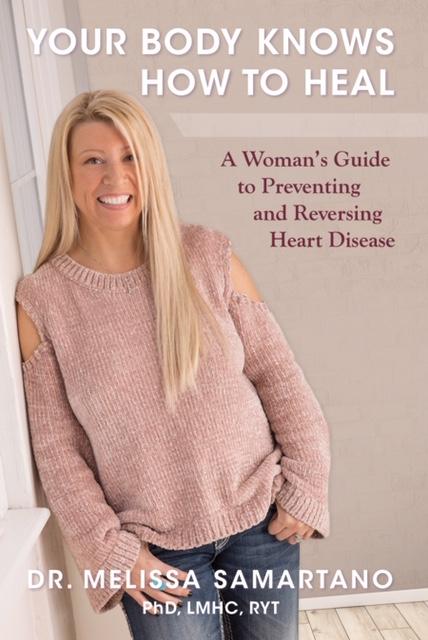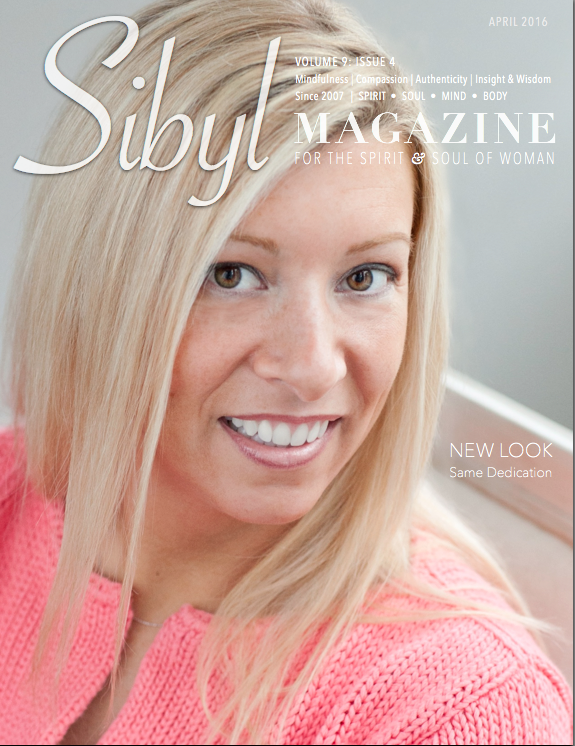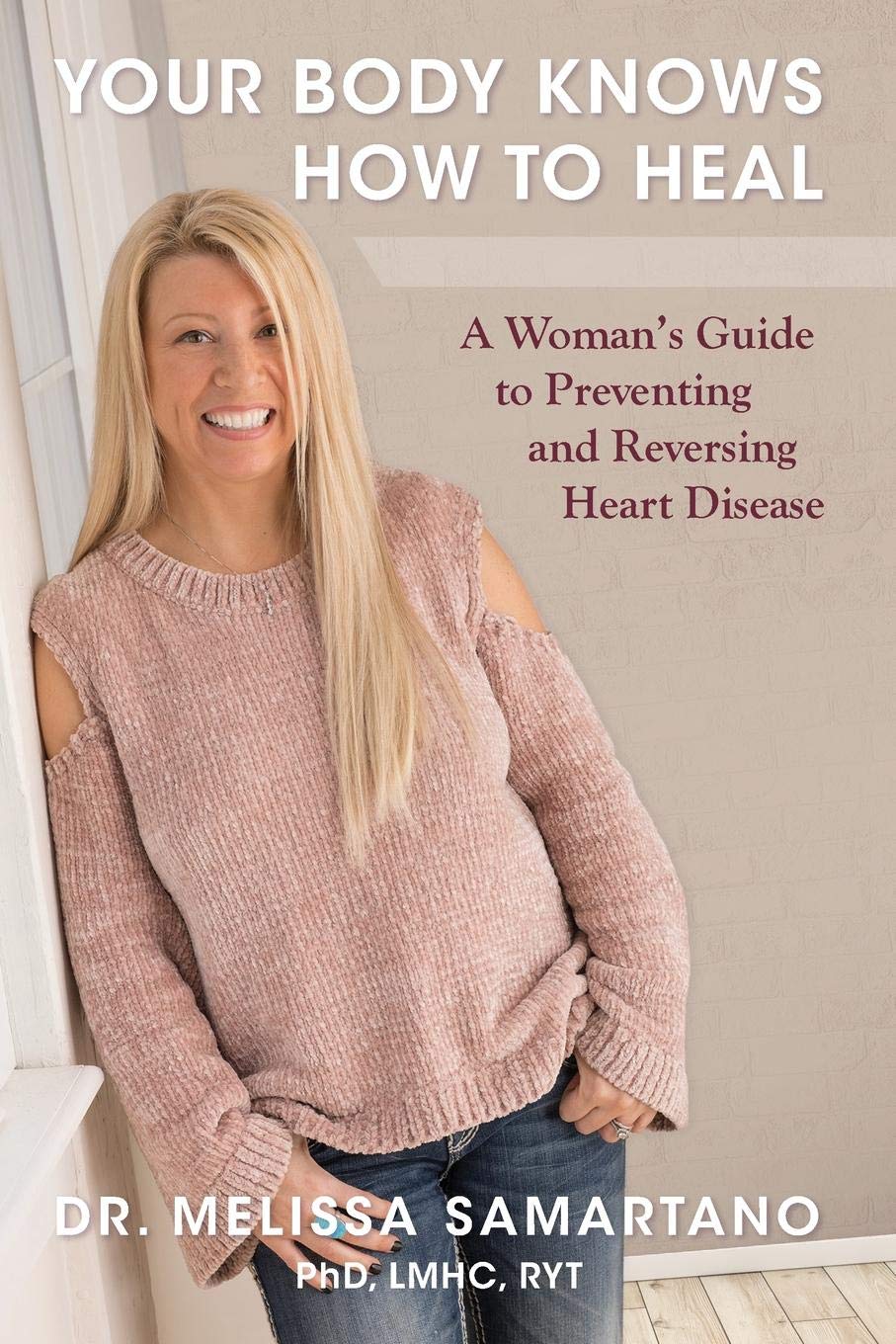Introduction: Trying to Do It All on Your Own Can Cost You Everything
If you ask the average person, “What is the deadliest disease for women?” most people will reply, “Breast cancer” without even missing a beat. While it’s great that we have raised our collective awareness of breast cancer, this average response fails to address the elephant in the room: breast cancer isn’t even close to being the number one killer of women. That distinction belongs to heart disease. Heart disease is responsible for one out of every three deaths in women. In fact, heart disease kills more women than all other cancers combined. It also kills significantly more women than it does men. And yet, as a woman, you hardly hear about heart disease in the news or even at the doctor’s office. Which is a devastating shame, because not being aware of your own heart health can cost you everything.
Why? Why are women so prone to heart problems?
Many people will point to the typical American diet of salty, fatty, processed foods. And yes, nutrition absolutely plays an important role. But in my twenty years of counseling, and in my own struggles with heart disease, I have a deeper view of the problem.
If you think about it, a woman is a lot like a heart: she never stops. You can depend on her to keep going no matter what. She is consistently, without fail, pumping out the love, compassion, and energy that her loved ones—and the world—need to keep going.
As women, we have such loving, giving hearts. Our heart is definitely the source of our super powers. Driven by the generosity of our hearts, we often take on so much: having kids, volunteering, pursuing a career, and being the emotional rock for our partners, families, and friends. Truly, our capacity to take care of business and of others is a force of nature! And yet, trying to do it all without feeling like you have the same love and support coming back to you that you send out to others, can overtax your heart.
In my holistic therapy practice, I sit across from women every day who are struggling. A full 90 percent of them are so stressed it’s taking a toll on their heart health. Whether it’s their physical heart, and they now require blood pressure medication and/or a daily aspirin, or it’s their metaphorical heart and they’re feeling overwhelmed, unsupported, and completely emotionally exhausted. Many of them are on antidepressants instead of, or in addition to, their heart medications. And yet, whatever medication they’ve been given, they don’t feel any better.
It’s no wonder they’re feeling so worn out. The women I work with are doing it all; they are the hub of their family’s wheel, attending to everyone’s needs before their own. They often work in high-stress jobs. Perhaps one of their children has special needs. Or maybe one is in a relationship that doesn’t feel as supportive as they’d like; it may even be dysfunctional. Whatever their particular circumstances are, these women often feel like there’s no chance for rest, no time when they don’t need to be getting things done. They are worn out emotionally and physically. Typically, there is some troubling symptom that is starting to clamor for their attention. It could be a racing heartbeat or high blood pressure. Maybe it’s dizziness or the inability to sleep because they can’t turn down their whizzing thoughts.
They are desperate for relief, for some sensation of peace, no matter how fleeting. The fact that their heart is starting to show signs of strain is only heightening their urgent need for relief, and thus making their stress, the source of the problem, worse.
A simple truth underlies our desire to help others and the state of depletion so many of us find ourselves in, and it’s that you can’t give from an empty cup. For so many of us women, our cups are bone dry.
If you can identify, I want you to know that no matter who you are, what you’re dealing with, or how sick you may feel, you can heal your heart and your life. I know this because I have been the one at the doctor’s office with a stress-related heart condition (in my case, a dangerously high heart rate). I went down the path of traditional medicine to find a cure, but in the end I healed myself. I did it by learning powerful, scientifically-proven tools that promote heart health: nutrition, exercise, relaxation, and psychological tools that support the body and the mind, and create all the conditions our bodies need to function their best. Over the course of twenty years in my clinical counseling practice, I’ve helped thousands of others do it, too. Now it’s your turn.
Two Surgeries, Ten Days in the ICU, and Twenty Years Ago
I know exactly how these women feel, and how you are likely feeling, too; no matter hard you work or fast you go, you are still barely keeping it together.
Early in my career, I was working in a high-stakes job with a two-hour commute each way. I was pouring everything into my work, fueling myself with coffee to compensate for my exhaustion. On the weekends, I was drinking too much wine and not eating enough food in general. I was definitely not eating enough healthy foods to provide the nutrients necessary to empower my body to prevent disease and manage stress. I figured I was young and resilient enough to muddle through, but my body had other ideas.
I developed ventricular tachycardia, a heart rhythm disorder characterized by an irregular and rapid heart rate caused by abnormal electrical signals in the ventricles, which are the lower chambers of the heart. If not treated, the disorder can increase the risk of stroke, sudden cardiac arrest, and possibly death. My heart rate would periodically surge as high as 300 beats per minute for 45 minutes at a time, which is astoundingly high when you consider that a typical at-rest heart rate is closer to 70. I was losing consciousness and fainting regularly, ending up in the emergency room most weekends and calling in sick to work. With a heart rate that high, I could have had a heart attack or stroke and died at any given moment.
I spent so much time in the doctor’s office. Their best suggestion was to perform an ablation on my heart. They inserted a catheter into an artery in my groin, and a device then stimulated my heart muscle in the specific area they thought was causing the abnormal heart rhythm. The chief of cardiology at Rhode Island Hospital performed this procedure twice to find the areas of my heart where he felt the electrical current was going awry. After the first ablation didn’t work, he tried a second one. My stress levels were dangerously high from my job, long commute, and generally being in a transitional place in my life, so the ablations failed to fix the problem. I continued to end up in the ER most weekends, and even spent ten days in the intensive care unit. Nothing seemed to be helping my heart stay in a normal range.
Finally, I had to admit that traditional doctors and hospitals weren’t helping. I went off my meds, told my doctor I wasn’t going to come back, and started booking acupuncture appointments. After my third appointment with the acupuncturist, I saw a significant difference in my stress levels. I went home after that appointment and slept for a day and a half. My fiancé was so worried about me, but I needed the rest. My parasympathetic nervous system (which you’ll learn more about in Chapter 2) got stimulated, which triggered a healing response in my body. That was the turning point for me.
I kept going to acupuncture, got back into doing yoga, started meditating, and cleaned up my diet. Through my meditation practice, I reconnected to a power greater than myself. I started benefiting from inspirational insights and a general feeling of support from life itself. I stopped feeling like I had to figure everything out on my own.
I quit my job and never looked back. Even more importantly, I recalibrated who I was. I decided to go back to school to get my PhD in holistic counseling so that I could help others learn the techniques that saved my life. I became a licensed mental health counselor (LMHC) in the state of Massachusetts and eventually opened the Holistic Counseling Center in Raynham, Massachusetts. In other words, I started following my heart.
And you know what? It worked. My condition evaporated. I went back to my cardiologist a year later, just to tell him how well I was doing. He told me he had been concerned about my choices back then, but he could now see how well I was doing. He also said that I could help a lot of people by sharing my story. Even to this day, I haven’t needed to go back to see him. I had to get to the point where I decided that I wasn’t going to wait anymore for medicine and doctors to fix my problem. I was going to put together a treatment plan and course of action that spoke to my heart. And in doing so, I gave my body what it needed to heal itself.
Through my personal experience, my years of training, and my decades of counseling women, I have put together a guide comprising all the tools I used to help myself, and the tools that have helped countless others heal their hearts as well. The result is what you’re holding in your hands right now.
This book is for you if:
- You give, and you give, and you give, but you don’t seem to have the time to do the things that you know replenish you, whether that’s taking a walk with a girlfriend, pursuing a hobby, crawling into bed early with a great book, having down time with your partner, or even getting to the gym.
- You run on caffeine to keep yourself going, and on processed foods that require little preparation so you can feed yourself with minimal time. Perhaps you perk yourself up in the afternoon with some chocolate, a pastry, or a Frappuccino.
- You’ve gone to see your primary care physician to tell him or her how tired you feel, how overwhelmed you are, or how you feel stressed all the time. And you’ve left with a prescription for Lexapro, hoping that will help. When that doesn’t work, you tried another medication. Then another. When none of those made you feel much better, your hopes got dashed.
- Your body has developed some troubling symptoms that are negatively impacting how you feel, and perhaps even scaring you.
- You know there’s got to be a better way, but darned if you know what it is.
This book is that better way. What you’re holding can show you exactly what you need to do to give yourself a palpable sense of relief and help you give yourself the support you’re craving. It will help you see the patterns passed down through your family that have been contributing to how hard your life has been feeling. You’ll learn how to give yourself space to feel your feelings so that you can unburden your heart. You’ll see the simple nutritional shifts you can make and exercises you can do to support your body and give it what it needs to be able to heal the particular health challenges you are facing. And it will help you develop a plan you enjoy and can commit to that will help you create the physiological state of relaxation needed for your body to be able to heal itself.
 Interview Conducted by Veteran Award-Winning Broadcast TV & Radio Host Jim Masters
Interview Conducted by Veteran Award-Winning Broadcast TV & Radio Host Jim Masters



